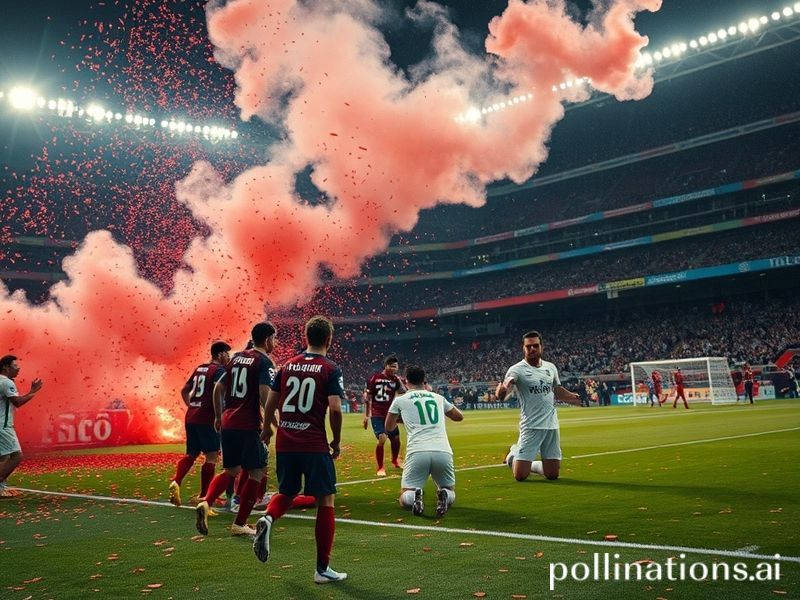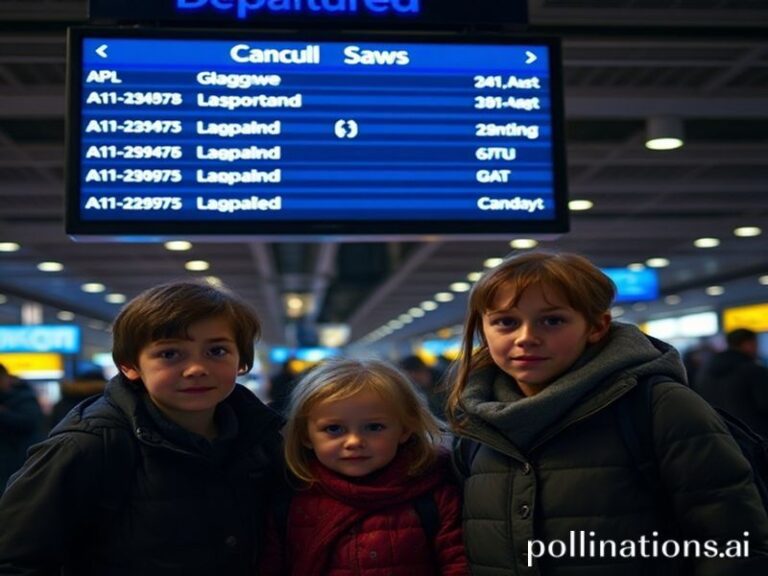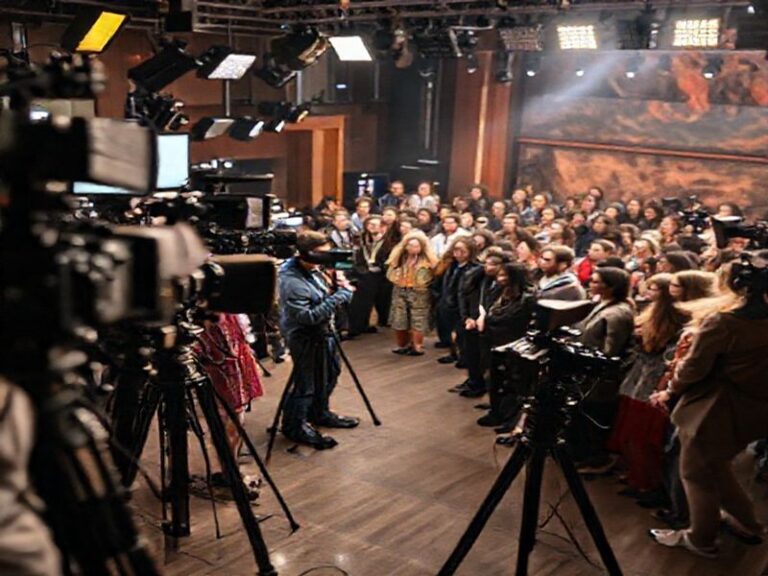Atlas-Necaxa: The 1-1 Soccer Score That Went Viral from Guadalajara to Global Geopolitics
Atlas-Necaxa: When a Mexican Soccer Match Becomes a Geopolitical Mood Ring
By Our Correspondent, who has watched enough football to know the offside rule is less a regulation than a philosophical debate
Guadalajara, Mexico – Somewhere between the agave fields and the chip factories, the city’s Atlas football club recently hosted Necaxa in a Liga MX fixture that, on paper, looked like a regional curiosity. Two mid-table teams, one famous for its long-suffering fans and the other for being owned by a consortium that includes Al Tylis, the American who also has stakes in the Washington Wizards and Real Salt Lake. A footnote, surely, in a world currently juggling nuclear saber-rattling, AI panic, and the slow-motion implosion of the global supply chain.
Except the match ended 1-1 and promptly detonated on three continents.
First, the American investors in Necaxa—who bought in on the promise that Mexico is an “underserved content market” (translation: cheap labor plus emotionally unmedicated eyeballs)—were treated to a live tutorial in Mexican passion. Their WhatsApp group lit up with memes of Atlas ultras waving giant inflatable goats, the unofficial mascot of the club’s barra brava, whose preferred negotiation style resembles a UN Security Council meeting with more pyrotechnics. Somewhere in Miami, the venture fund partners asked their analysts to quantify “brand heat,” then quietly updated their risk slide from “moderate” to “flammable.”
Second, the European sports-data firms—those sleek outfits that sell “real-time sentiment graphs” to hedge funds—reported a 17% spike in mentions of “Atlas-Necaxa” on Arabic-language football forums. Why? Because the match was streamed on a bootleg feed piggybacking a Qatari server already hosting the Asian Champions League. In the accidental multiplex of the internet, a goal by Atlas’ striker Jeremy Márquez was clipped into a 12-second TikTok soundtracked by a Saudi dissident rap track. By morning, the clip had been repurposed by an Egyptian meme account as commentary on Cairo bus fares. Football: the universal solvent for local grievance.
Third, the Chinese manufacturers of the stadium’s LED boards—installed last year in a deal signed while the rest of us were hoarding toilet paper—discovered their panels displaying a glitchy loop of Xi Jinping’s face morphing into the Necaxa crest. The vendor blamed “third-party firmware,” which is corporate speak for “somebody in Guadalajara jailbroke the controller for laughs.” The clip ricocheted through WeChat before censors could find the delete key, prompting a stern editorial in Global Times warning against “foreign sports infiltration.” Because nothing says soft-power anxiety like a 0-0 halftime scoreline.
Meanwhile, the actual football was perfectly mediocre: one scrambled goal after a defensive header fell kindly, another from a penalty won when a defender tried an interpretive dance routine in his own box. Yet mediocrity is the new sublime; in an era when everything is either catastrophic or algorithmically optimized, a bland 1-1 feels almost handcrafted. The fans didn’t seem to mind. They sang about love, betrayal, and municipal sewage rates—sometimes in the same verse—reminding the rest of us that local chaos remains the best antidote to global despair.
And the broader significance? Atlas-Necaxa is a Rorschach test for our fractured planet. Investors see a monetizable fandom; data brokers see a sentiment spike; censors see subversion; fans see Saturday. Everyone’s projection lands on the same patch of grass, proving yet again that the most sophisticated technology in the world still can’t replicate the simple human urge to stand in a crowd and scream at 22 strangers chasing a ball.
As the final whistle blew, Atlas supporters set off green-and-red flares that drifted over the Estadio Jalisco like cheap fireworks at a doomed wedding. Somewhere above, a satellite owned by a Luxembourg holding company recorded the heat bloom, tagged it “urban unrest,” and sold the metadata to an insurance syndicate in London. The circle of modern life closes: from the stands to the cloud and back again, all so that next year’s premium on civil liability in western Mexico can tick up 0.3%.
And they say football doesn’t change anything.







